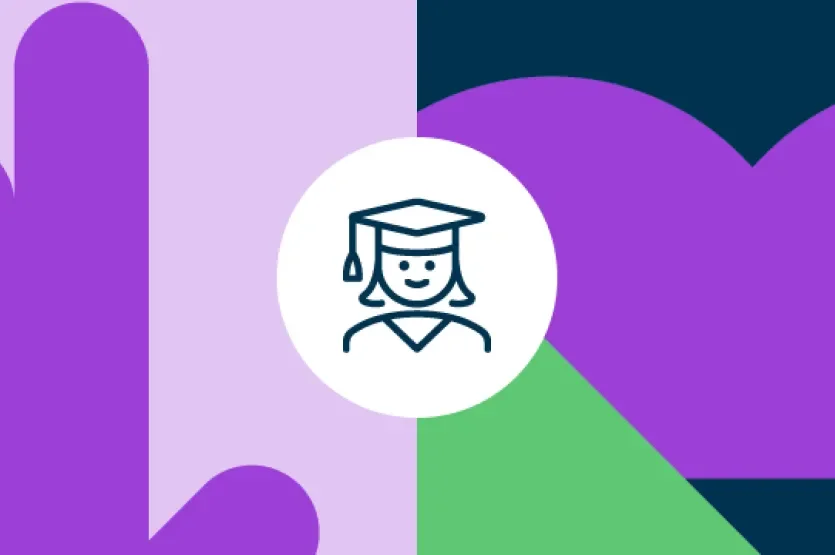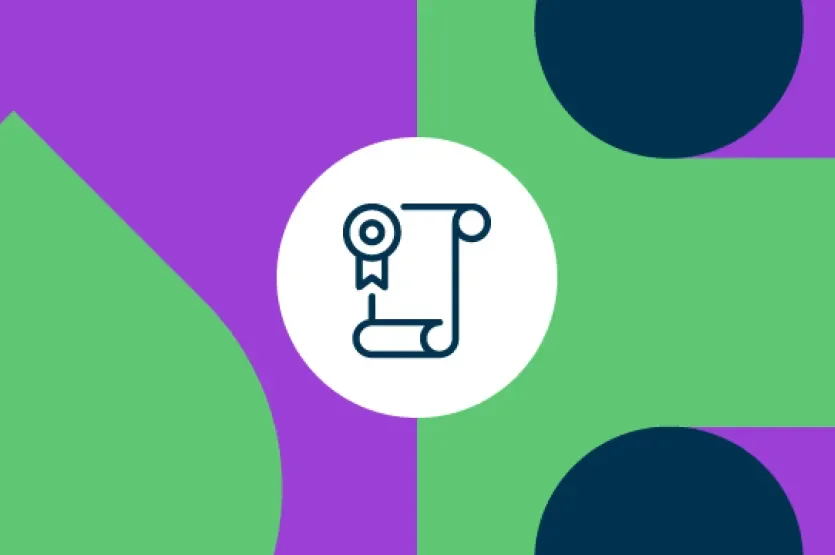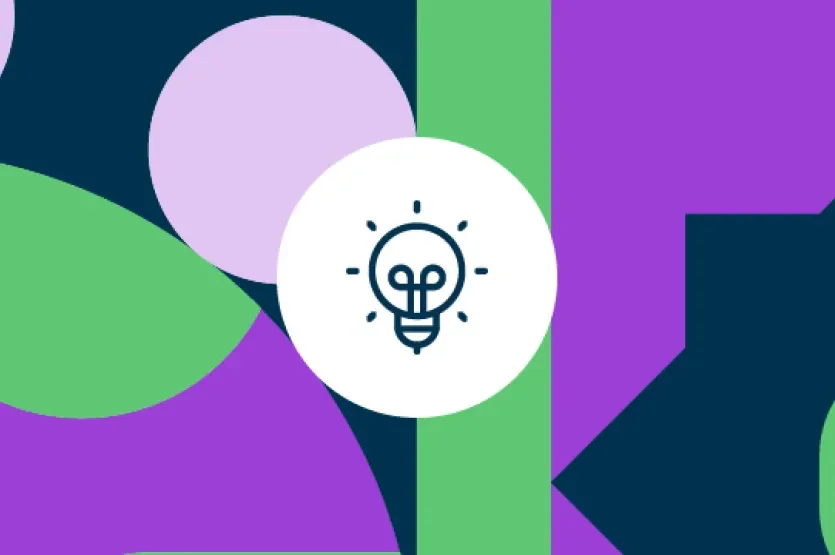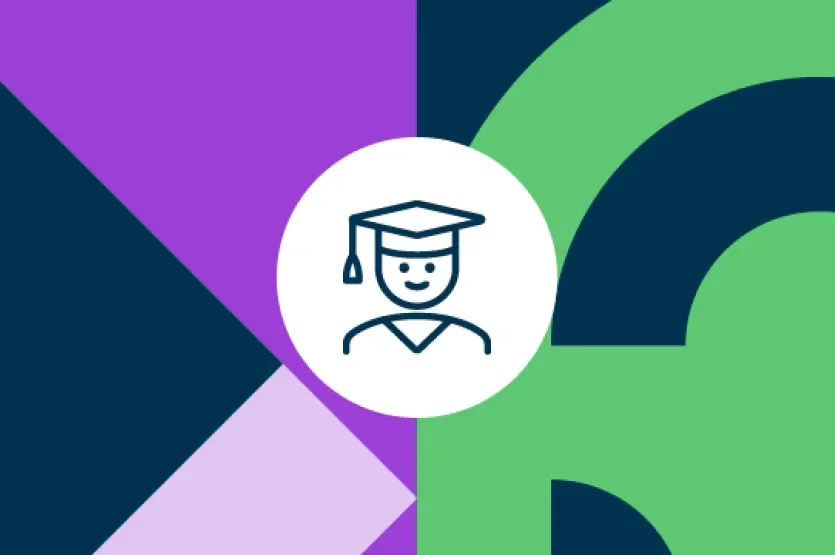Overview
Recognised by the Department of Education and Skills (DES) and the Institute of Guidance Counsellors, this two-year part-time course aims to give an understanding of the knowledge, skills and attitudes required for personal, education and career guidance counselling.
Through strong reflective practice, you’ll be encouraged and supported to develop responsibility for personal and professional development, and learn how to identify and mobilise resources across a network of external agencies and the wider community. You’ll also complete 130 hours of supervised placement in your chosen area.
Unlock new career opportunities
Students will be selected on the basis of academic achievement and professional experience. You will need to demonstrate your understanding of the role of a guidance counsellor and willingness to commit to the demands of the programme at interview. The DES also requires employees to hold a primary degree with subjects recognised for teaching in secondary schools and a teaching qualification.
The course attracts students from various professional backgrounds, so you’ll benefit from diverse perspectives and group discussions. Graduates are currently employed in various roles in secondary schools, third level career services, adult guidance, youth and community work, employee welfare, rehabilitation services and private practices.
Why DCU
DCU People
Careers & Further Options
Careers
This programme is designed to support participants wishing to engage in initial education and training as guidance counsellors and to enhance the in-career development of existing practitioners.
Graduates are currently employed in a number of different areas as outlined below.
- Second level schools
- Adult guidance (including employment by ETBs)
- Youth and community work
- Third level career services
- Employee welfare
- Industry
- Health sector
- Rehabilitation services
- Private practice
"DCU graduates are highly sought after by employers. Our Graduates work in environments ranging from large multinationals to SMEs, family businesses and start-ups across every sector.
DCU Careers Service has a number of learning and development initiatives in place for our students, giving them the skills they need for a successful career path."
Entry Requirements
Requirements
Applicants are required to hold a Primary Honours (Level 8) degree, plus three years relevant work experience.
OR
Equivalent professional qualification with three years relevant experience.
All applicants who are deemed to meet the minimum academic qualifications will be required to attend for interview.
Applicants will not be considered for interview unless all aspects of the application process are fully completed.
Due to the specialist nature of this programme, additional criteria may be used to assess suitability to undertake this programme. For further information, please contact the Programme Chair using the contact details above.
International Applications
International candidates are expected to have educational qualifications of a standard equivalent to those outlined above. In addition, where such candidates are non-native speakers of the English language, they must satisfy the University of their competency in the English language. For further information on international applications click here
Please note if you are a non EU student and require a study visa, you are not eligible to apply for part-time programmes as study visas are only granted for full-time programmes.
Programme Structure
The overall aim of this programme is to provide students with a standard of excellence in the knowledge, skills and understanding necessary for practice in the field of personal, education and career guidance and counselling.
Students are educated and trained to develop a systematic and coherent framework for practice within your organisation.
Through strong reflective practice, students are encouraged and supported to develop responsibility for personal and professional development, and learn how to identify and mobilise resources across a network of external agencies and the wider community.
Students on this programme come from a broad range of professional backgrounds which enhances the shared practice and experience of learners.
Our innovative and learner-centred approaches enable the guidance community to respond to the many challenges and opportunities now facing the profession.
It encourages personal development and professional practice competence through group supervision.
It develops transferable skills in the application of new technology to the field of guidance and counselling.
You can engage in supervised research in an area of guidance and counselling which is of personal and professional interest.
Fees and Funding
Fees
How To Apply
To apply for this programme:
All applicants should apply through here. Here's a quick step by step guide if you need help with your application
Please submit the following:
- Academic Transcripts for each and every year of study at undergraduate level with English translation if applicable should be uploaded with your application.
- All applicants must submit a passport size photo.
- All applicants must submit a Supplementary Form (downloadable directly from the supplement items & documents section after submitted your application)
- All applicants must also provide emails addresses for two referees which will be invited into the system to complete letters of reference (Academic & Professional, Please see application portal)
- If applicable, provide evidence of competence in the English language as per DCU entry requirements. Please see link http://www.dcu.ie/registry/english.shtml.
Please ensure that you upload the required documentation. Failure to do so will render ineligibility for interview. DCU cannot accept responsibility for incomplete applications.
Application Deadlines:
Applications Closing Date: 14th March 2025
Please note all documents must be submitted by 14th March 2025
Application Queries
For EU applicant queries, please visit https://www.dcu.ie/registry/eu-postgraduate-taught-admissions or email postgraduateadmissions@dcu.ie
For non EU applicant queries, please visit https://www.dcu.ie/registry/international-admissions-undergraduate-and-postgraduate or email internationaladmissions@dcu.ie
Please note:
Applicants do not need to complete the personal statement as this requirement is fulfilled on the supplementary form.
Canvassing of any kind will disqualify an applicant. Furthermore, we do not discuss any aspect of an application with third parties.
Deferrals:
Successful candidates please note deferrals on this programme are not permitted due to the large volume of applicants and the very strong competition for places.
Life On Campus
At DCU, our students can expect a unique campus experience. We are known for our excellent teaching and learning facilities, our active clubs and societies, and our great social and sporting facilities. All this makes DCU an exciting place to be.
DCU has three academic campuses; Glasnevin, St. Patrick’s and All Hallows (both in Drumcondra), all close to Dublin City centre.
They can be reached by public transport, Dublin Bus and Bus Éireann, with our Drumcondra campuses a ten minute walk from Drumcondra Train Station. Glasnevin is a 20 minute walk from St Patrick’s and All Hallows. They are also linked by Dublin Bus.
Each campus has a library (O’Reilly, Cregan and Woodlock Hall), study spaces, restaurants, and on-campus residencies. There are sports facilities on Glasnevin and St. Patrick’s, and there is a dedicated sports campus, St Claire’s, located near Glasnevin on the Ballymun Road.
DCU’s 19,000 students have access to exceptional teaching and learning facilities across our three academic campuses.
These include modern learning theatres, research centres, a new media and TV studio, radio/podcast studios, computer suites and advanced labs in the areas of Languages, Engineering, Physics, Chemistry and Biotechnology, as well as a Sports Performance centre and a training hospital ward. In 2021, we opened our first virtual reality ‘Leadership Lab’, which is located in our Business School.
We continue to improve and update our facilities. For example, construction of a new world-class STEM facility is underway on the Glasnevin campus. With capacity for an extra 3,000 STEM students, this facility will advance DCU’s international reputation for excellence in science and health, computing and engineering disciplines.
Studying in DCU isn’t just about course work. The university is rich in student life and activities.
There are more than 140 clubs and societies for students in DCU, with ‘Clubs & Socs’ days taking place on both the Glasnevin and Drumcondra campuses at the start of the academic year. They span everything from rugby to rock climbing, anime to jazz.
For many students, sport is an important part of the DCU experience. DCU’s Sports Complex boasts a 25 metre swimming pool, fitness centre gym, all-weather pitches and squash courts, as well as soccer, GAA and rugby pitches. DCU Dóchas Éireann, the university’s GAA club, is the largest third level Gaelic Games club in the country. Meanwhile, DCU Athletics has been Ireland’s highest achieving university club for many years. And DCU has dozens of other clubs to get involved in, from Archery to Weightlifting.
The Glasnevin campus is home to our purpose built, state-of-the-art student centre, The U, which serves the needs of a rapidly growing student body. Here, you will find the Student Leadership and Lifeskills Centre, performing arts and cultural spaces for students and the wider community, and the Entrepreneurship and Innovation Hub. Also located on our Glasnevin campus is The Helix, our renowned performing arts centre.
On our St Patrick’s campus, we have the Java Student Hub, a vibrant, warm and welcoming space where students can meet for coffee, play music, use the projector to watch events, or just relax. The walls of the Java Hub were designed based on the cultural history of St Patrick’s Campus, including the special references to the notable sporting history and history of the arts.
We have a number of academic, professional and social supports for students.
Student Advice & Learning Skills Centre - Offers a wide range of supports and services to students and advice
The Writing Centre - drop-in writing workshops for students through the academic year
Maths Learning Centre - provides maths support for students of all ability levels with maths modules
Student Learning - facilitate the transition from passive to active learning for students at DCU, by teaching study skills, nurturing critical thinking and building student confidence.
Careers work with students to help them on their professional journey into graduate employment.
Our student support team offers a comprehensive support programme, helping students make that all important transition into university life and focusing on building confidence and skills which are key to success at third level.
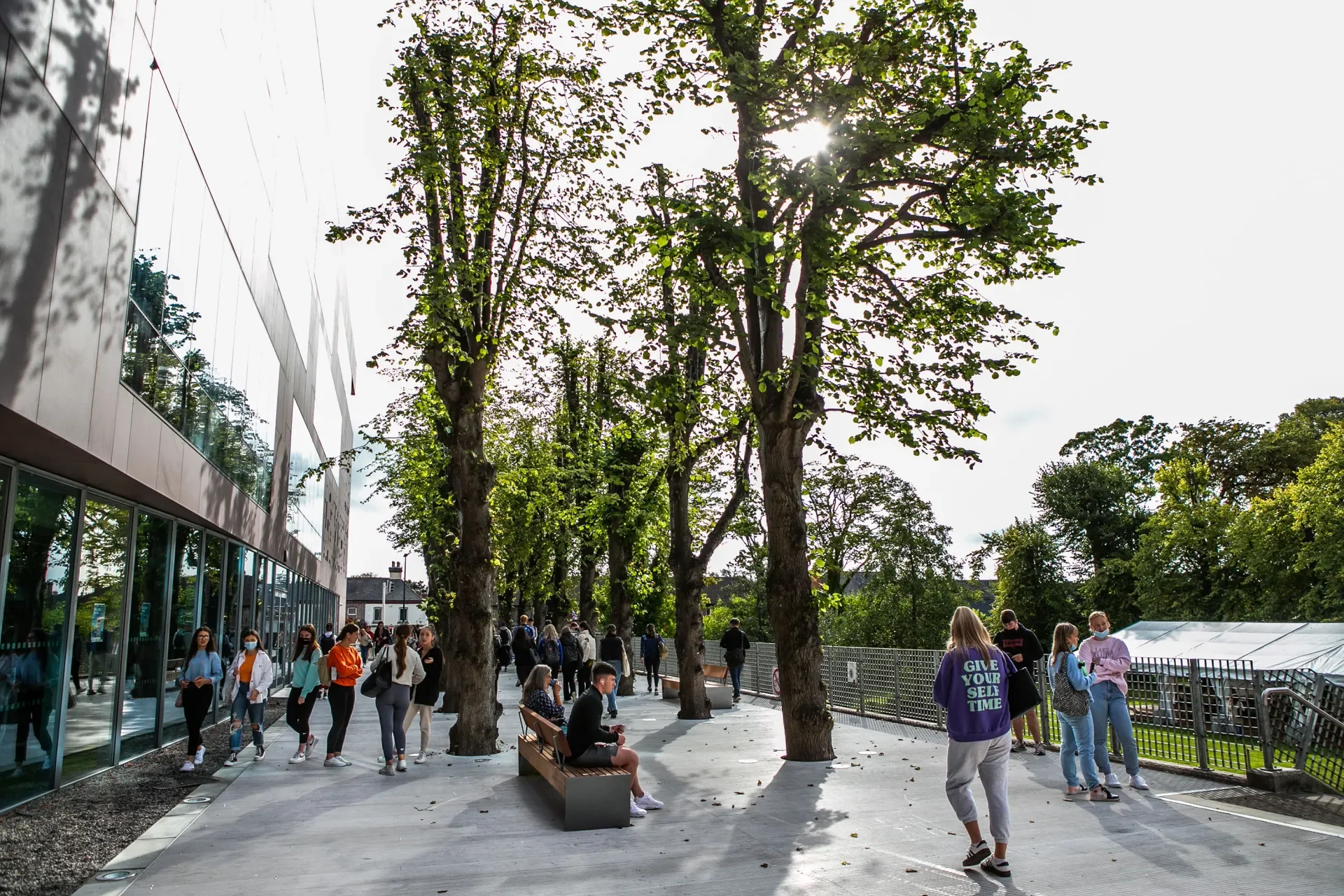
DCU St Patrick's Campus
FAQs
What courses are offered by the DCU Institute of Education?
DCU Institute of Education brings together students of education and provides a rich menu of undergraduate courses across all sectors from early childhood, to primary and post-primary and further and higher education. We offer a range of taught and research postgraduate courses at doctoral, masters, diploma and certificate level and have a distinguished record in providing continuing professional development.
Is there Garda vetting for students who study DCU Institute of Education courses?
Garda vetting is required for all students who have unsupervised access to children and vulnerable adults as part of their studies at DCU. Applicants must successfully pass the Garda vetting process in order to complete the registration process.
What are the potential teaching pathways for primary, post-primary and further education and training offered by DCU?
Primary Teaching Pathways
Undergraduate*
Postgraduate**
- Professional Master of Education (Primary Teaching) - DC970
* Please ensure that you consult minimum entry requirements and CAO points for all undergraduate programmes
** Please ensure that you consult minimum entry requirements for all postgraduate programmes
Post-Primary Teaching Pathways
Undergraduate*
- Bachelor of Religious Education & English or History or Music - DC010 | DC011 | DC012
- Bachelor of Education in Gaeilge and French or German or Spanish - DC013
- Bachelor of Education in Technology, Engineering and Graphics - DC015
- Bachelor of Science (Hons) in Science Education - DC203
- Bachelor of Science (Hons) in Physical Education with Biology - DC205
- Bachelor of Science in Physical Education with Mathematics - DC206
Postgraduate**
- Professional Master of Education (Post-Primary Teaching) - DC905
* Please ensure that you consult minimum entry requirements and CAO points for all undergraduate programmes
** Please ensure that you consult minimum entry requirements for all postgraduate programmes
Further Education and Training Teaching Pathways
Undergraduate*
- BSc (Hons) in Education and Training (Further, Adult and Continuing Education) - DC235
* Please ensure that you consult minimum entry requirements and CAO points for all undergraduate programmes



